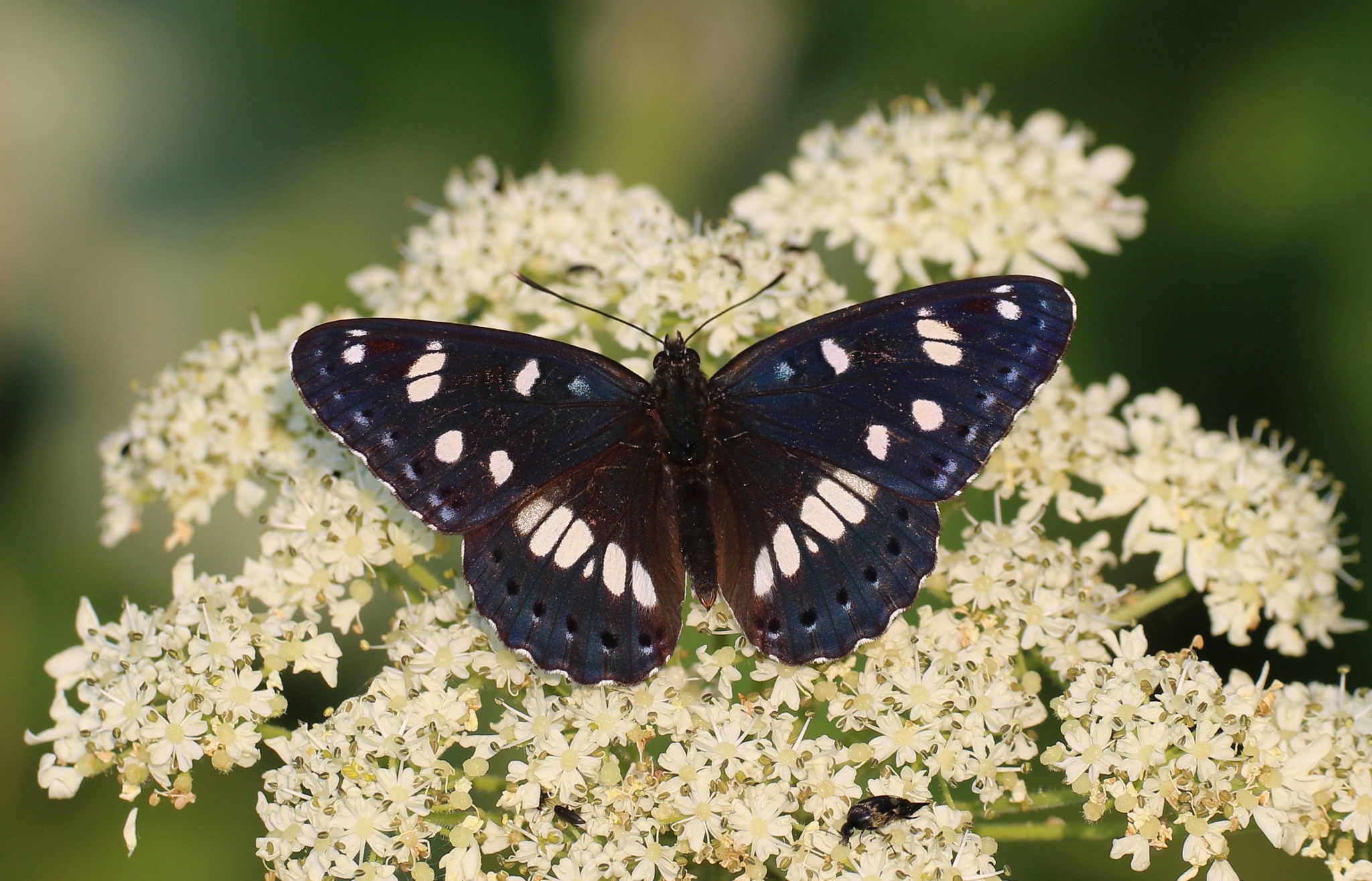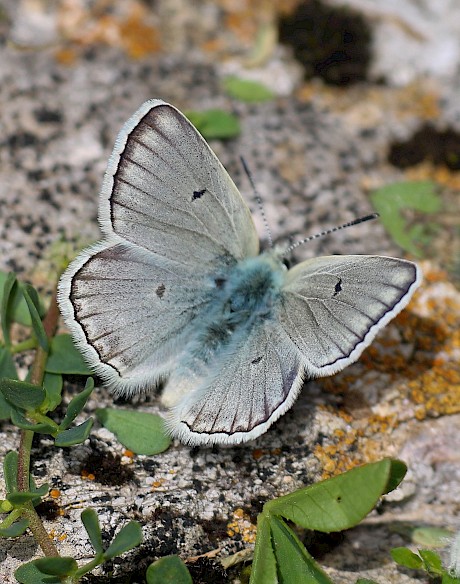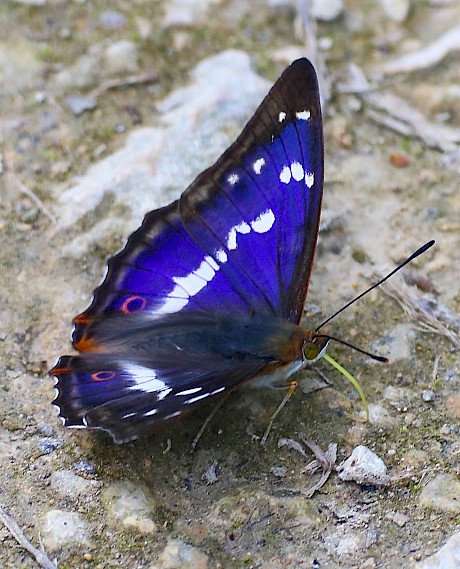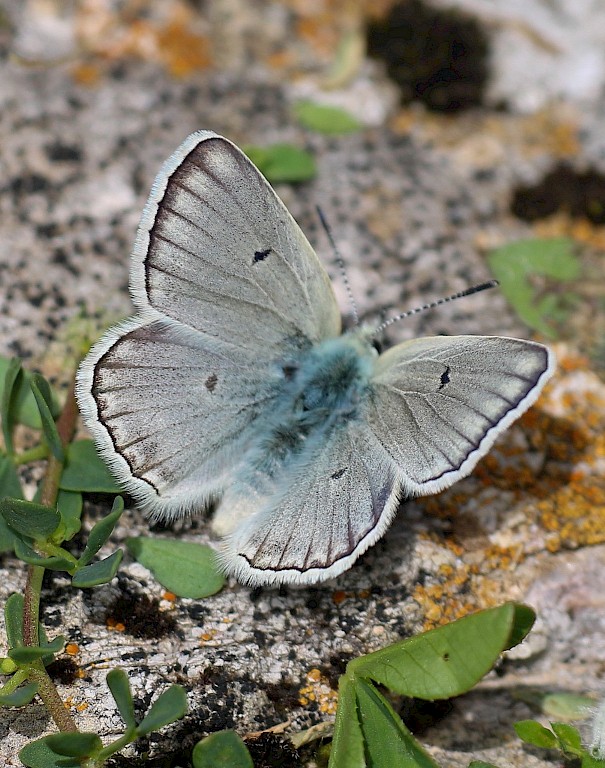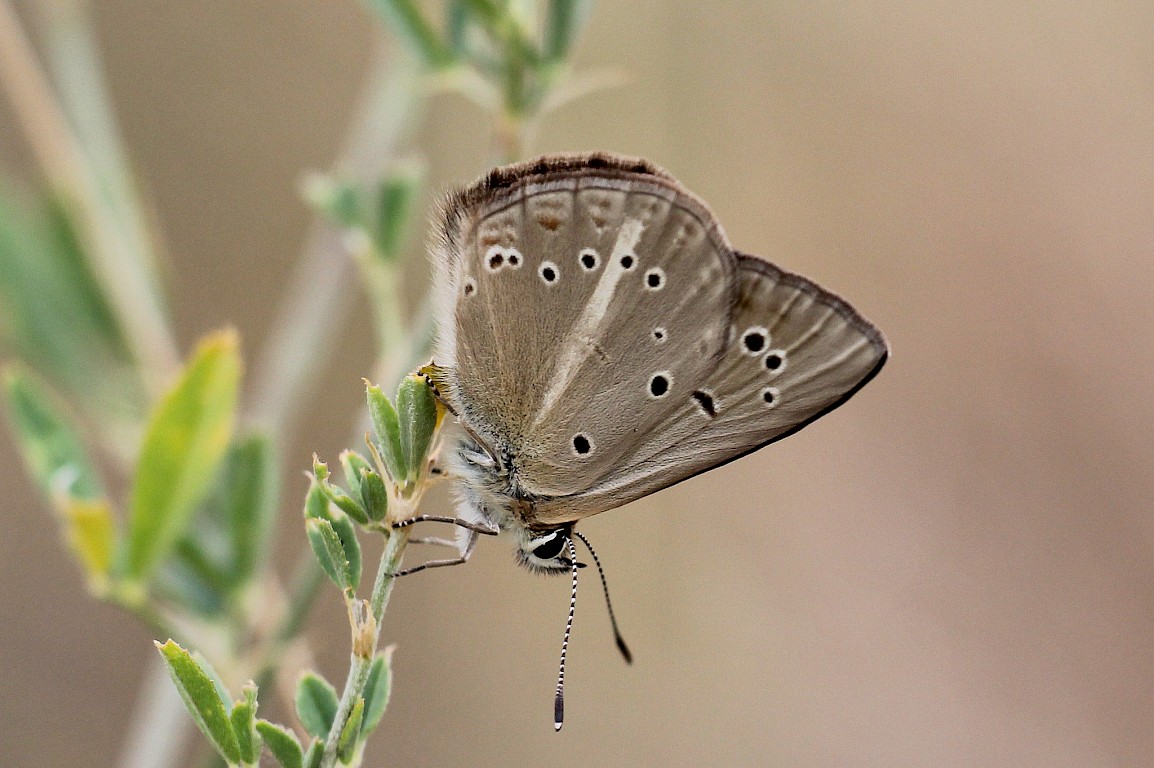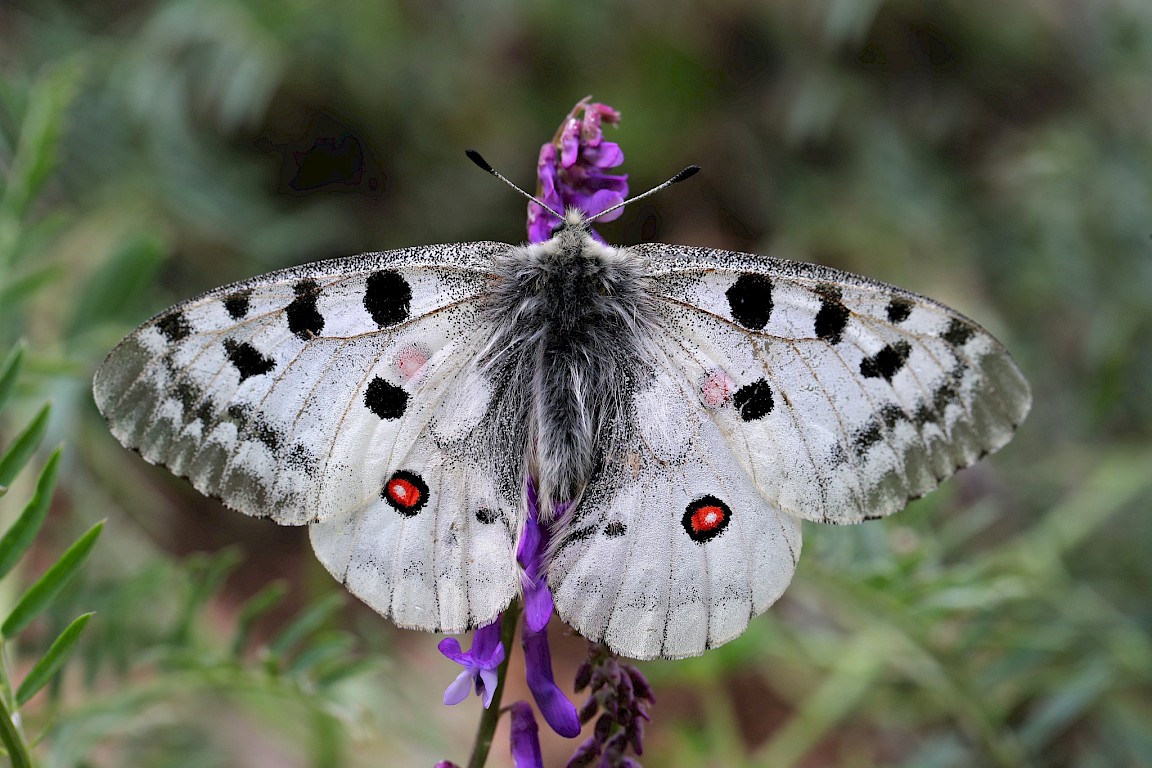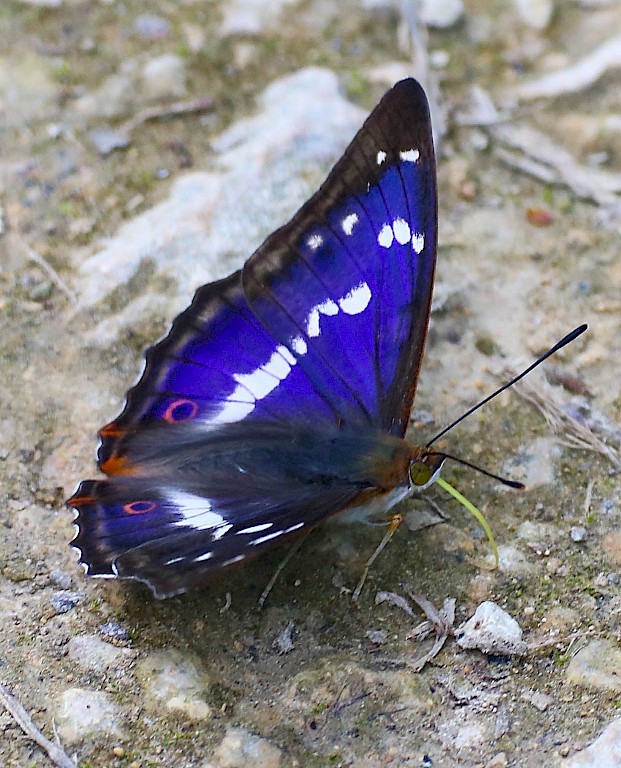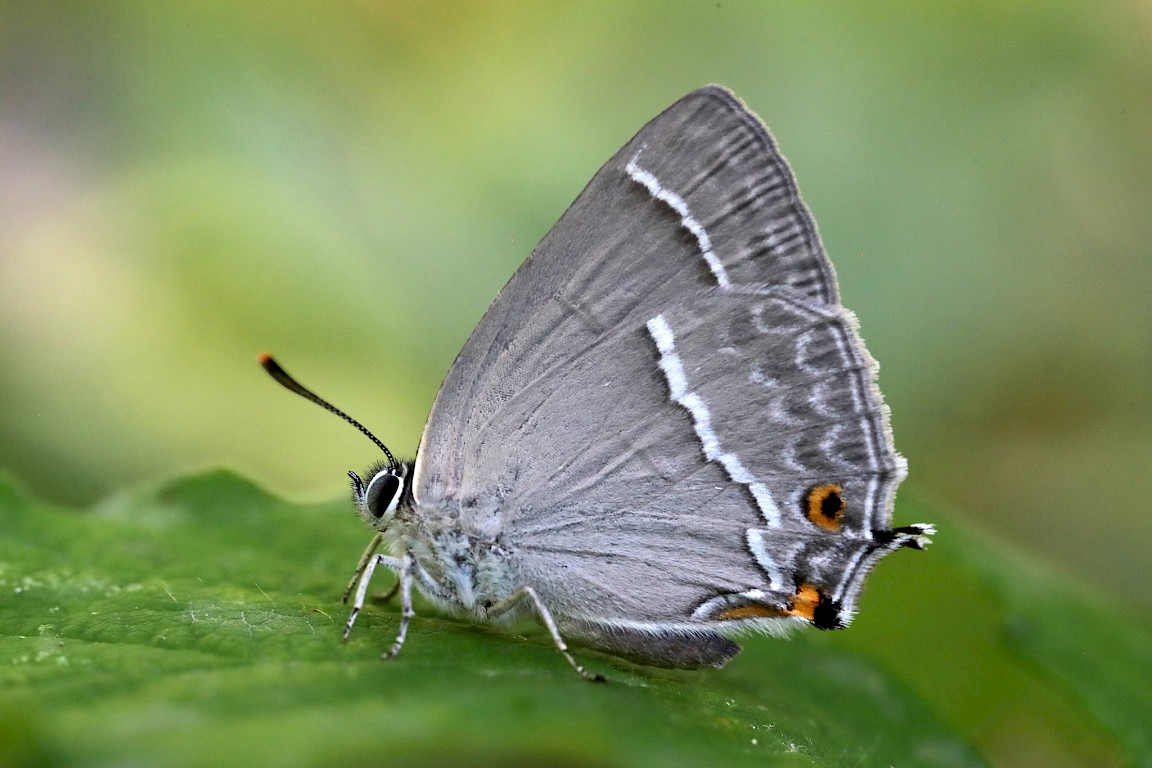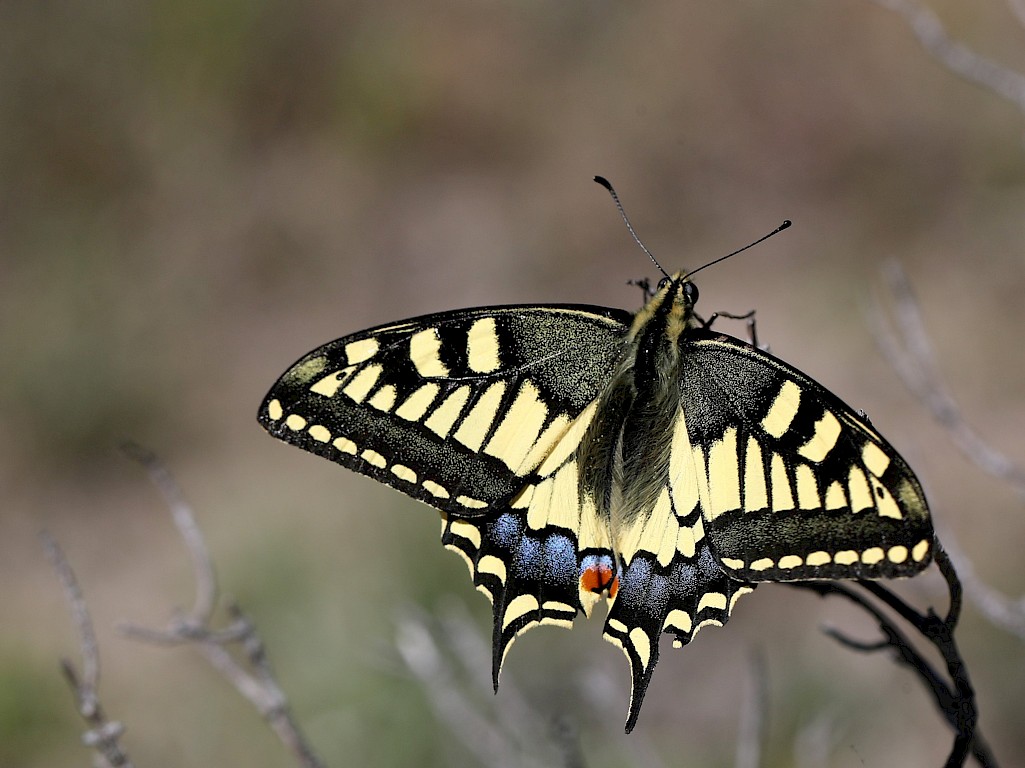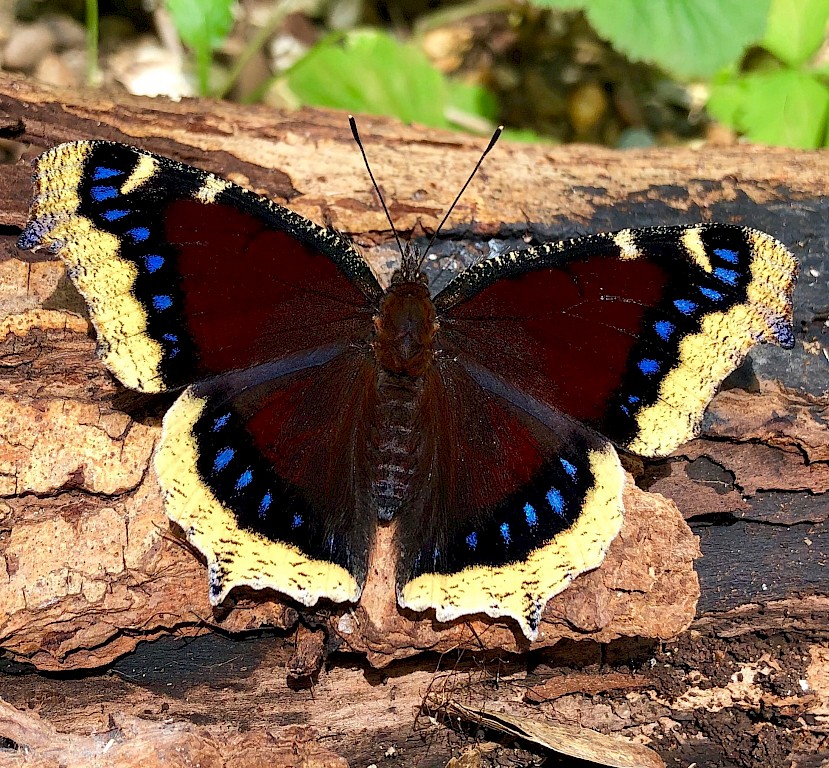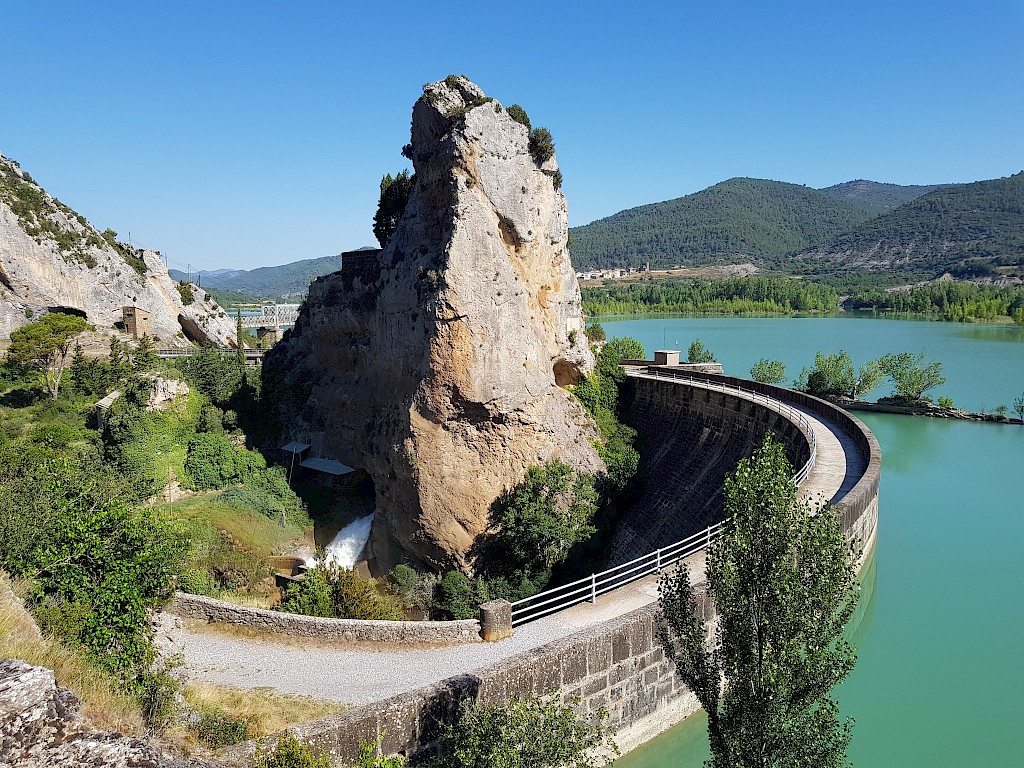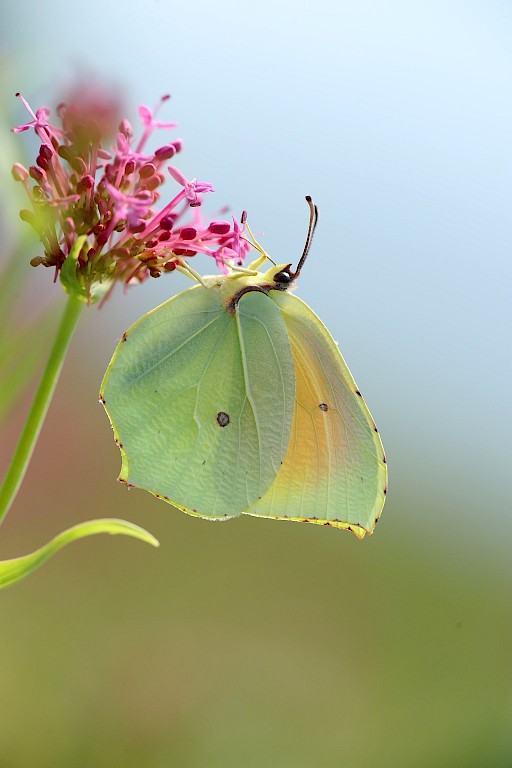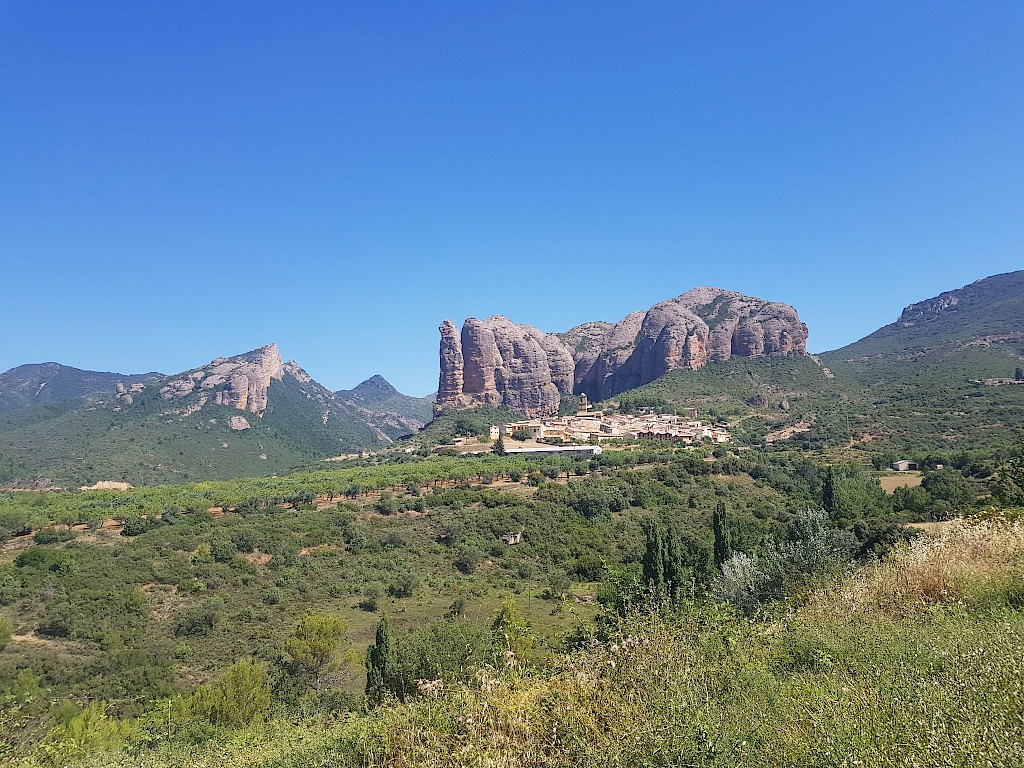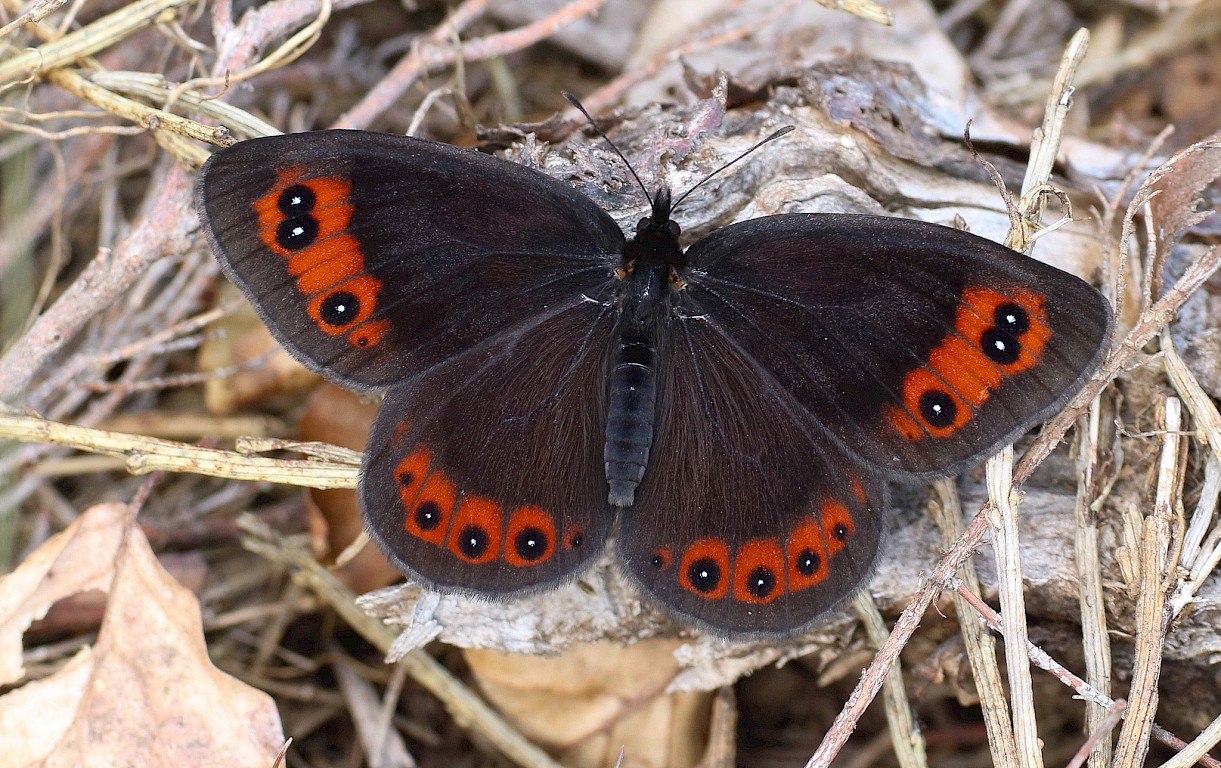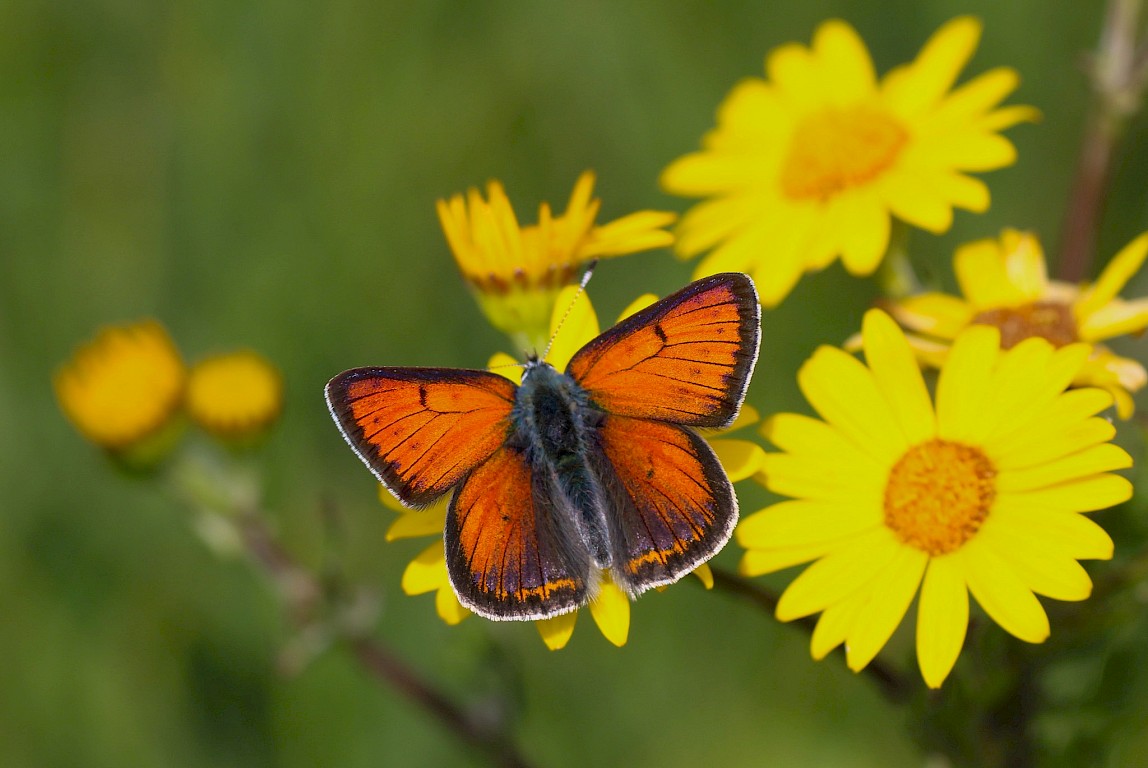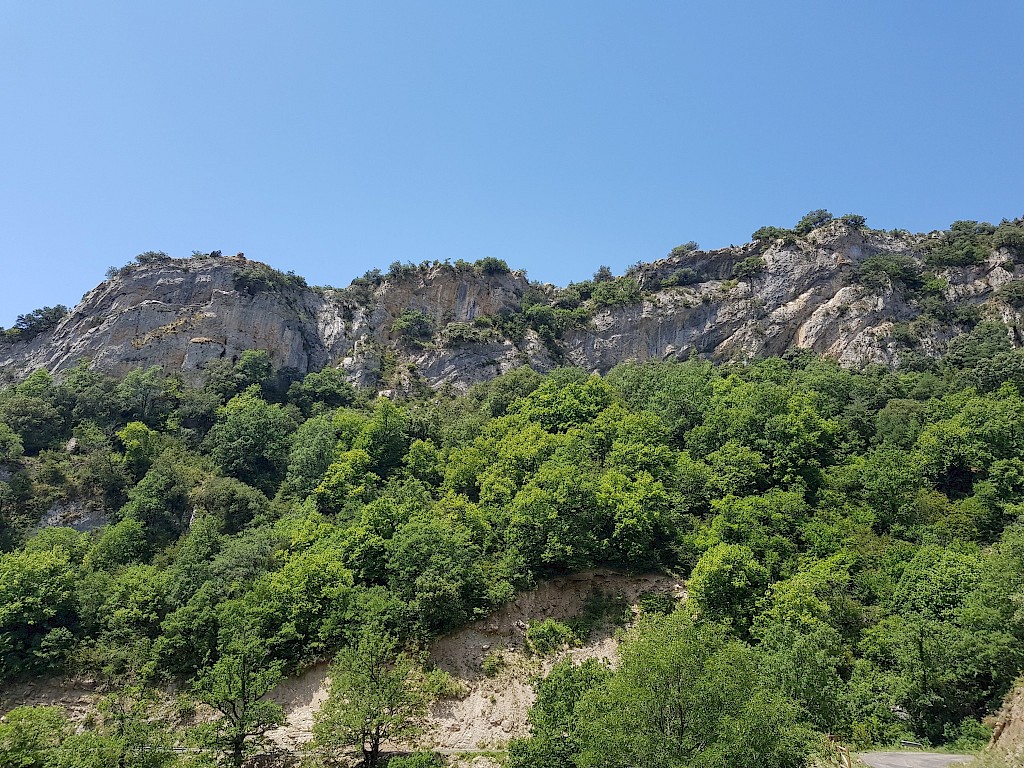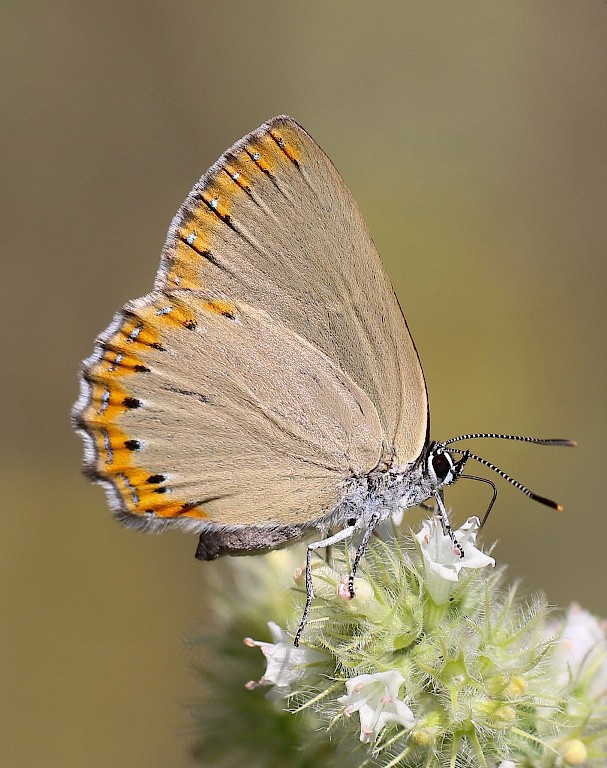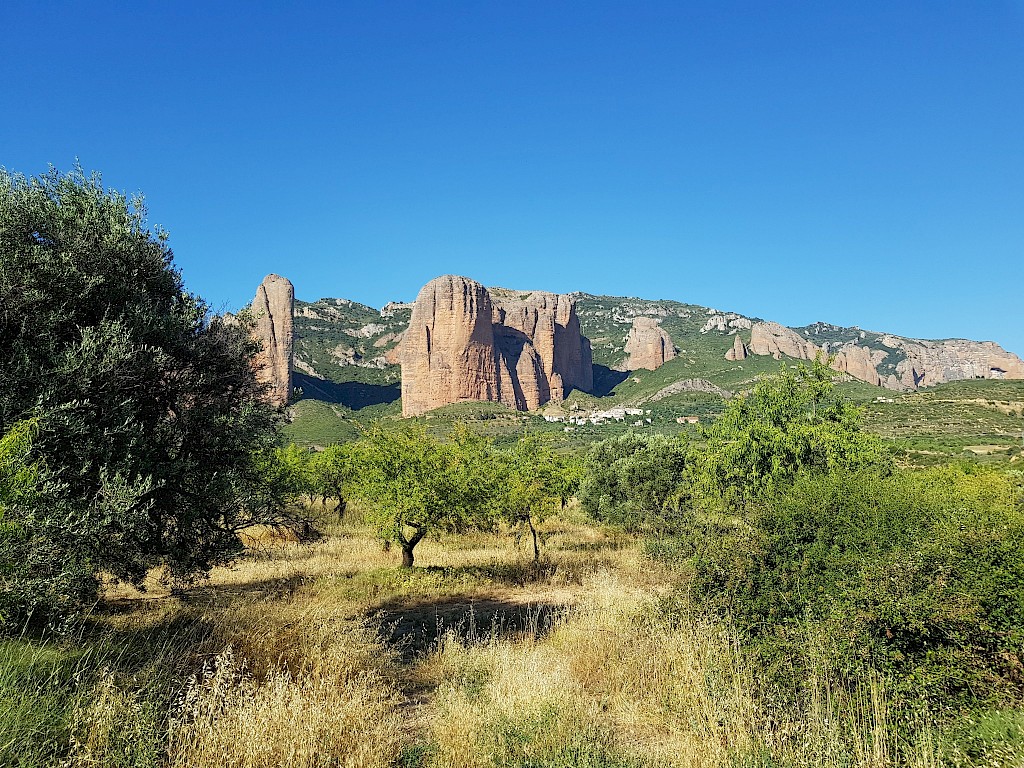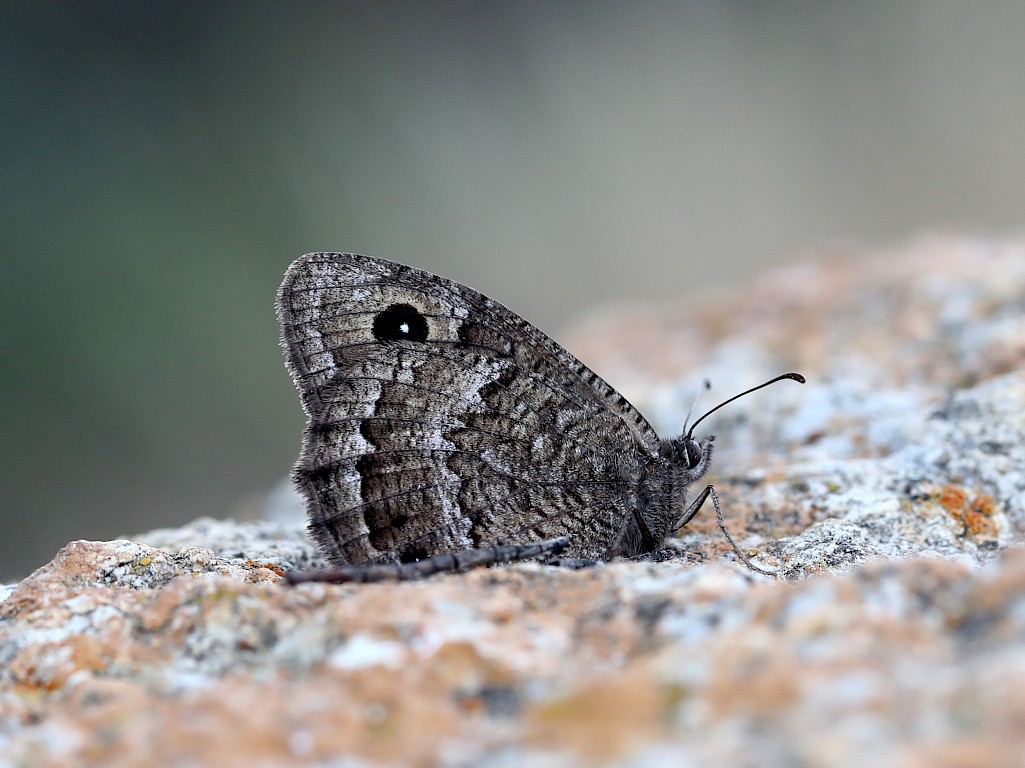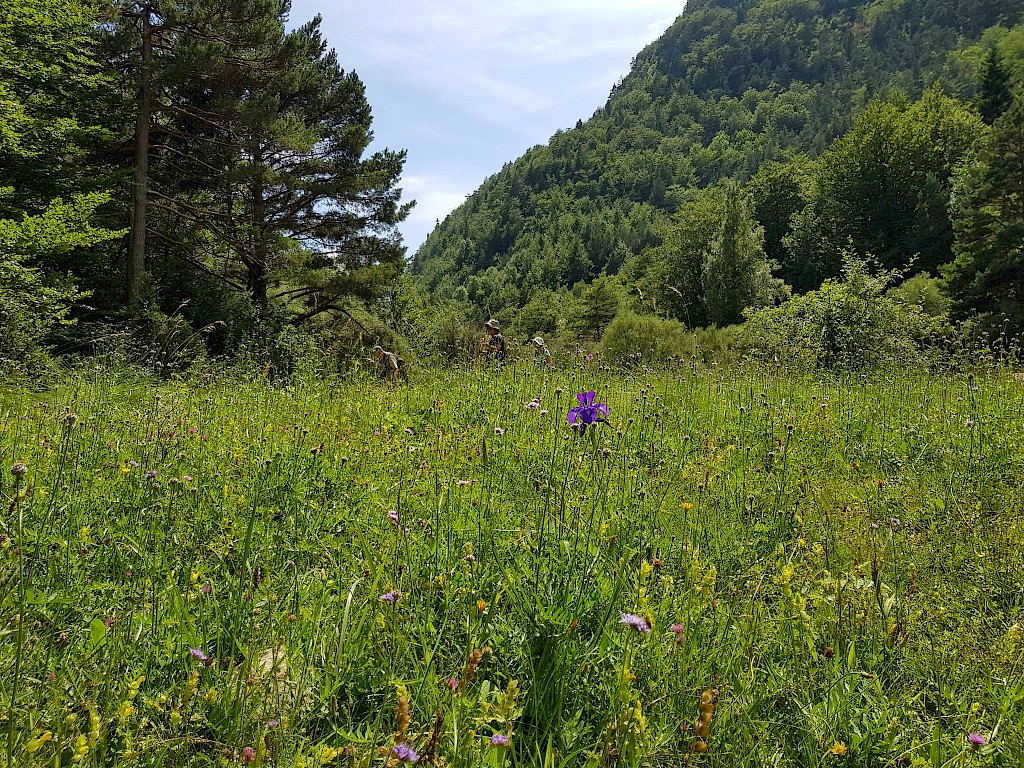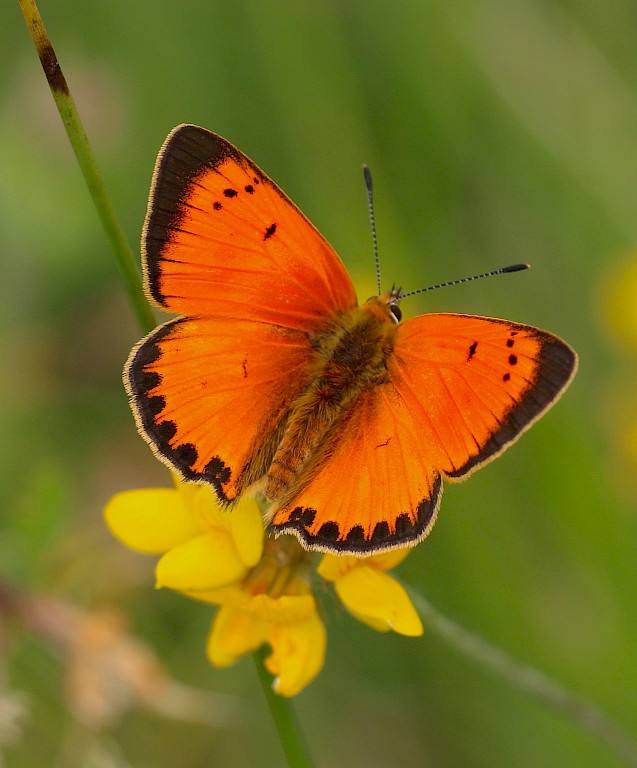The Western Valleys of the Spanish Pyrenees are a Natural Park, the second highest level of protection possible in Spain. We spend a week exploring the foothills, woodlands, pastures, meadows, wetlands and high mountain terrain of this unspoilt and habitat-rich area of Spain.
Our base for the week is the gorgeous guesthouse of Casa Sarasa, at the foot of the medieval village of Berdún. Our host, Peter, is also one of our guides for the week ahead, and his knowledge of the area is second to none. Set in a large wild-flower meadow, the guesthouse has rooms that give out directly onto the garden and it is here that we can also do some moth trapping. Breakfasts, evening meals and lunchtime picnics are all prepared here, with as many locally sourced ingredients as possible. There is also a large and comfortable meeting room with an excellent natural history reference library.
We do a series of excursions from Berdún, depending on the weather and local conditions. Within an hour’s drive we can explore diverse habitats from 400m above sea level amidst olive and almond groves to 1800m at the frontier with France, right up in the high mountains.
This variety of habitats will serve us well for butterflies (and birds and wildflowers too). In the course of our week in the region we will be seeing a wide variety of species and families. From the aristocrats we will search for Purple and Lesser Purple Emperor, the dramatic Two-tailed Pasha, and the velvet loveliness of Camberwell Beauty. Satyrids should include three species of gatekeeper, Great Sooty Satyr, and Chapman's, de Prunner's, Lefebvre's and Piedmont Ringlets. The Lycaenidae in particular should blow our socks off! Blues we will be hoping for include Forster's Furry, Gavarnie, Iolas, Turquoise, Glandon, Alcon, Provence Chalkhill and Spanish Chalkhill. Then there are the coppers, and hairstreaks that ought to include the ever-pleasing Spanish Purple. Throw in the likes of Twin-spot Fritillary and Apollo, and other butterfly delights besides, and this is truly a tour to savour.
All in all this a very varied and tranquil week in one of Europe’s bio-diverse hot-spots. Sweeping changes in altitude and transitions from Atlantic to Mediterranean habitats in a relatively short distance means that there is always somewhere new to go and something new to see.
